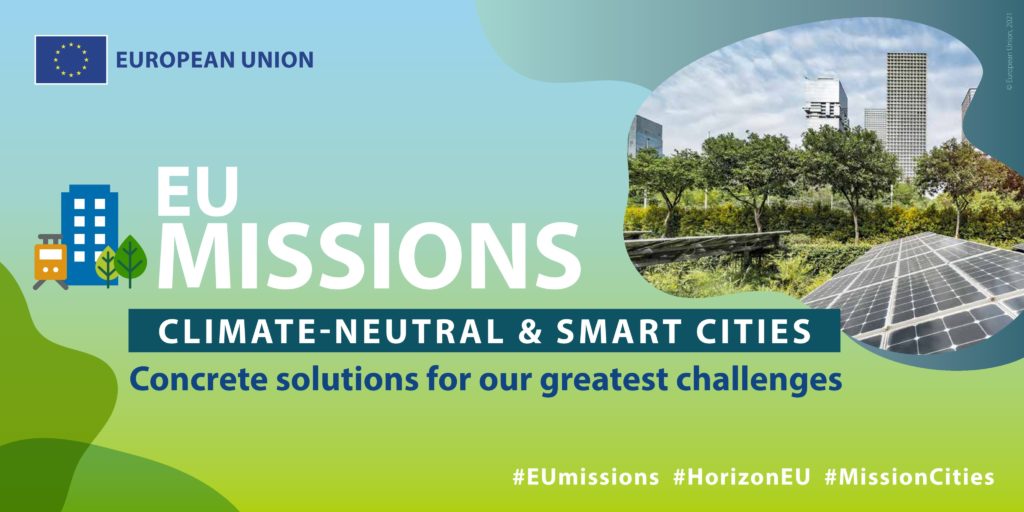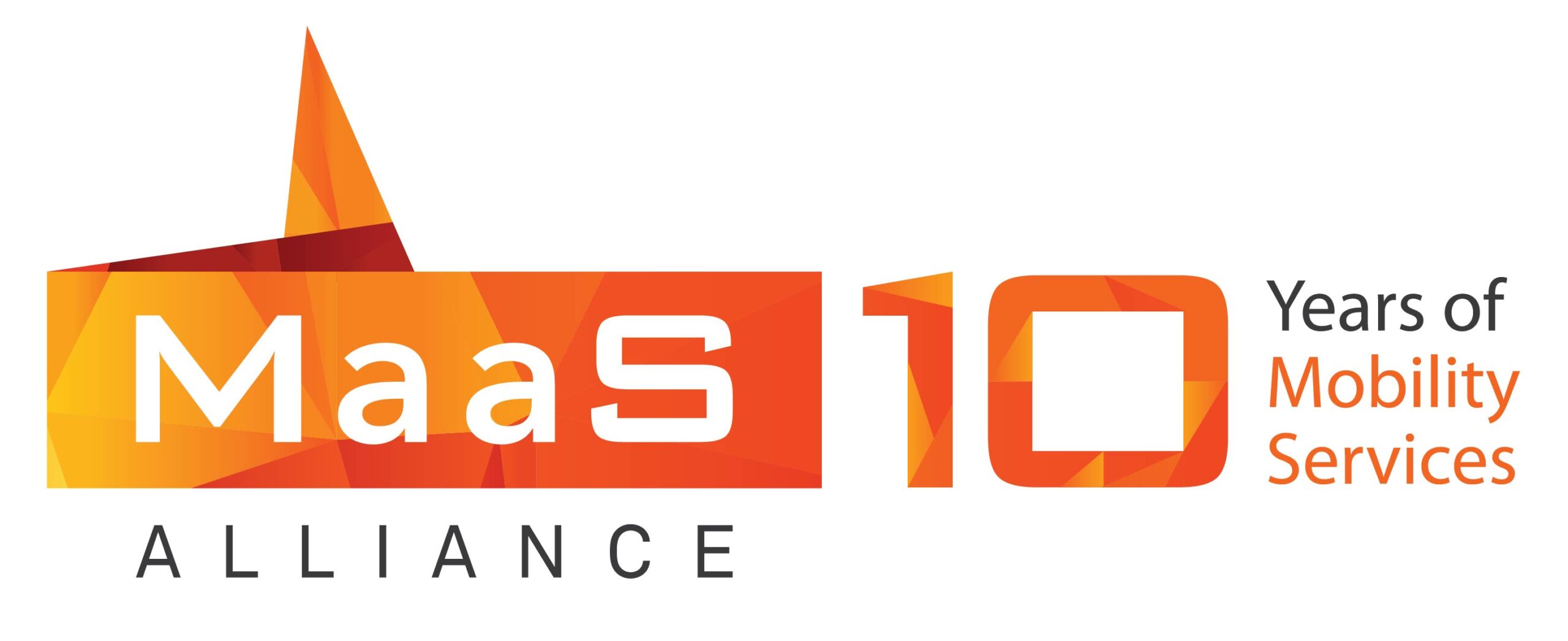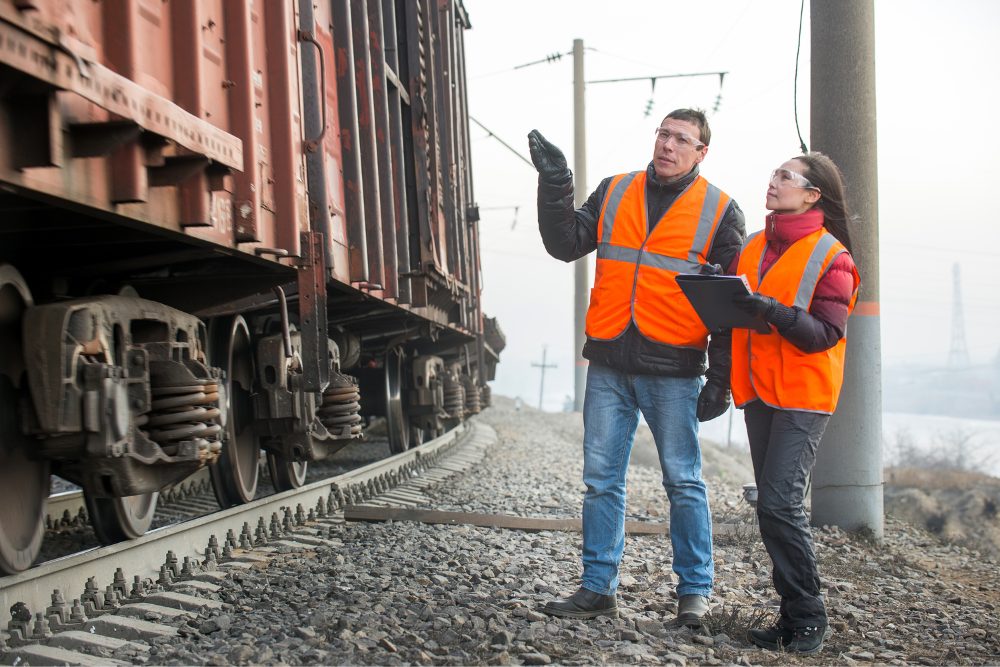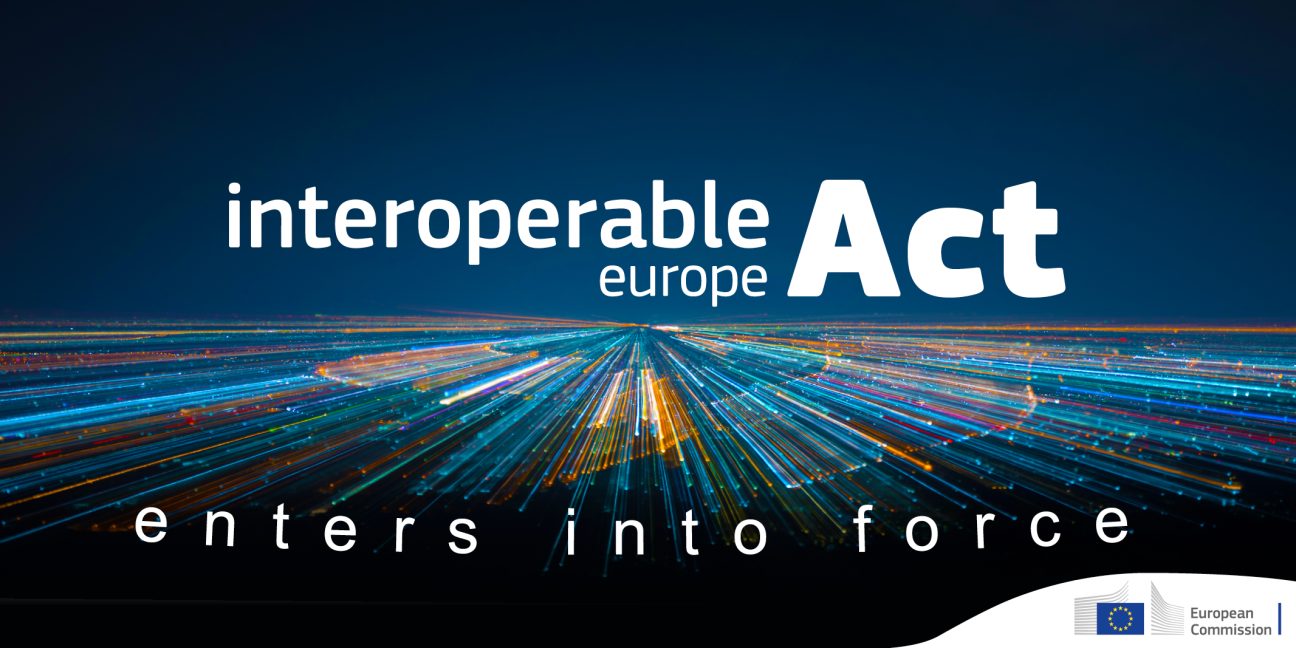
The European Commission recently launched five new EU missions, an innovative way to work together and improve the lives of people in Europe and beyond. EU missions aim to tackle big challenges in health, climate and the environment, and to achieve ambitious and inspiring goals in these areas. One of which is the key global challenge: 100 Climate-Neutral and Smart Cities by 2030.
Margrethe Vestager, Executive Vice-President for A Europe Fit for the Digital Age, said: ‘Today, we have launched five new missions. A mission is a new and innovative tool – a new way to work together within Horizon Europe. They are also an original concept in EU policy. The missions are commitments to solve some of the greatest challenges we are facing today: fighting cancer, adapting to climate change, protecting the ocean, seas and waters, living in greener cities and ensuring healthy soil and food. It is a set of actions – research and innovation projects, policy measures and legislative initiatives, citizens’ involvement – to achieve concrete goals with large societal impact. We want to deliver solutions to key global challenges by 2030!’
With its Communication on EU missions adopted, the Commission is giving them the go-ahead, after the approval of the missions’ individual plans this summer.
EU MISSIONS IN HORIZON EUROPE AND BEYOND
Missions are a new collaborative approach to tackle some of the main challenges of our times. They provide a mandate to achieve specific goals in a set timeframe. They will also deliver impact by putting research and innovation into a new role, combined with new forms of governance and collaboration, as well as with a new way of engaging with citizens, including young people.
In the Climate-Neutral and Smart Cities mission, selected cities will involve their citizens in drawing up ‘Climate City Contracts’ to help reach climate neutrality by 2030.
- The Horizon Europe programme will provide €359.3 million in seed funding during the period 2021-23 to help deliver on the mission to;
- Launch of a Mission Platform to provide technical, regulatory, and financial assistance
to cities working on the mission; - Cities will prepare, sign and implement Climate City Contracts, co-created with citizens and
local stakeholders; - Launch a portfolio of research and innovation projects and set up a Global Knowledge
Exchange Centre; - A network of national, local and regional authorities will support the cities’ transition to
climate neutrality.
NEXT STEPS
EU missions are launching into their full implementation phase. The first Horizon Europe work programme for 2021-22, published on 16 June, includes a set of actions that lay the ground for their implementation. It will be updated with a full research and innovation agenda by the end of the year. In parallel, missions will engage with participating regions, cities and organisations, as well as citizens in the Member States.
BACKGROUND
Based on proposals that top experts in the Mission Boards handed over to the Commission in September 2020, five missions were identified in the Horizon Europe Strategic Plan. Horizon Europe provides initial funding to missions of up to €1.9 billion until 2023. In October 2020, the Commission validated the five proposed missions. They entered a preparatory phase to develop five detailed implementation plans including objectives, ways of reaching them and indicators for measuring performance. The Commission assessed these plans against specific criteria.
Source: European Commission
Access the full briefing on Climate-Neutral and Smart Cities mission.



